As parents, we must be concerned about ensuring that our children play in a safe environment. We make every effort to protect them from any danger, we make sure that they do not leave a known, safe place, but sooner or later the children will unavoidably get hurt.
In addition to having several remedies always at the ready and being prepared to face the strangest situations, we must be aware that this is completely normal and it will happen many times in their lives: our children will get hurt. Ignorance of consequences, poor control of force and eagerness to understand the world will lead them to make decisions that are wrong but fully logical to them. Little by little, they will learn what they can and cannot do.
I am sure you will remember hearing some time the phrase “to err is human” or that “we learn from our mistakes”. Both are sayings that evidence one of the greatest existing truths: we learn by first making mistakes. At these ages, when they are still developing their minds, curiosity will lead them to make more than one mistake, but also will make them rationalise the reason for their pain.
It is normal that our children are curious about things and that they try to cope with them in different ways. At about 7 years of age, children start to grow and develop physically: they will double their strength, their hand-eye coordination will improve, the reaction time will decrease and movement precision will increase. The child will develop a progressive adjustment of muscle tone and respiratory control based on the demands required in any given situation, thus achieving a greater control of attention and emotions. He/she will embrace new physical and mental challenges, according to his/her new skills and, unavoidably, he/she will sooner or later get hurt. During this time, it is important to encourage children to practise a sport that is appropriate to his/her new capabilities. If this activity is carried out in an environment of trust for, he/she will achieve a sense of safety and self-esteem to continue practising the activity in the future.
Extracurricular activities can help create an exercise routine that will enhance body and mind development. Each child will have his/her preferences and we must not put our tastes or prejudices above those of the child. If a child wants to play football and we enrol him/her in basketball, we will just hinder the proper development of his/her judgement and likes. Limits must be always set, but we must be aware of where we set them and why.
Physical activities are the best method to keep fit. We must not be afraid of our children getting hurt. Whether in the street, in the park or at home, it is inevitable that sooner or later children ultimately stumble more than once. It is unavoidable and makes them rationalise and improve themselves so that they do not fall again. And like everything, making mistakes involves learning.
Alicia Brunet de Dios
Professor of Biology


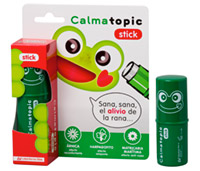
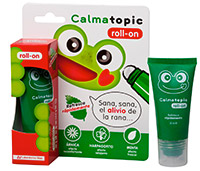
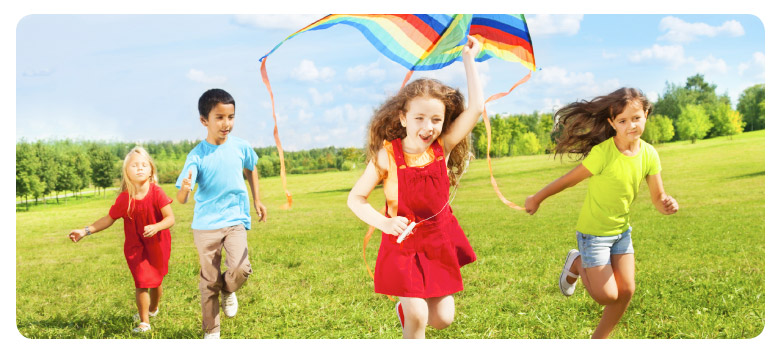
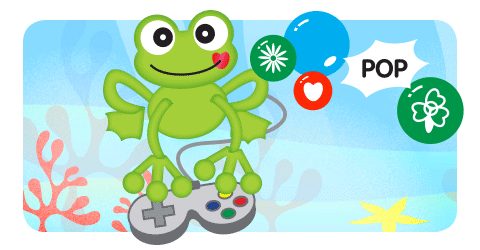
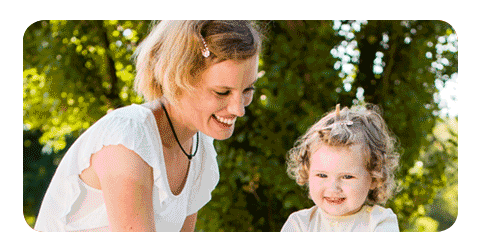
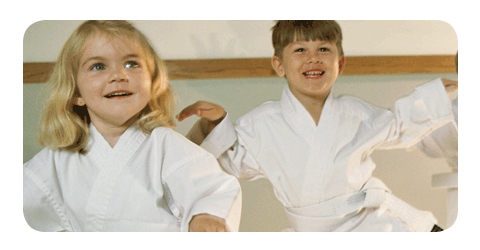






Comments
No Comments